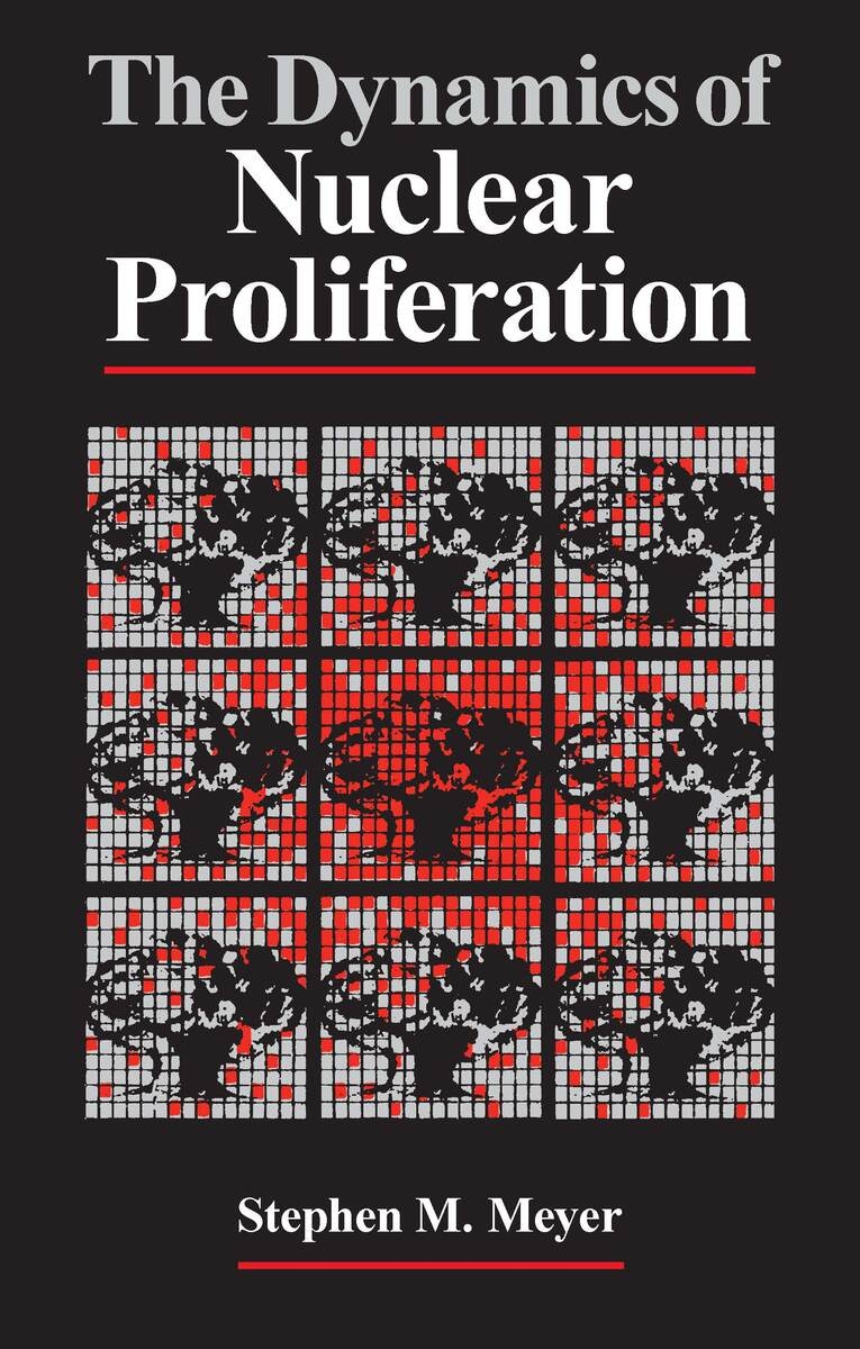The Dynamics of Nuclear Proliferation
Stephen M. Meyer steps back from the emotions and rhetoric surrounding the nuclear arms debates to provide a systematic examination of the underlying determinants of nuclear weapons proliferation. Looking at current theories of nuclear proliferation, he asks: Must a nation that acquires the technical capability to manufacture nuclear weapons eventually do so? In an analysis, remarkable for its rigor and accessibility, Meyer provides the first empirical, statistical model explaining why particular countries became nuclear powers when they did. His findings clearly contradict the notion that the pace of nuclear proliferation is controlled by a technological imperative and show that political and military factors account for the past decisions of nations to acquire or forgo the development of nuclear weapons.
246 pages | 6 x 9 | © 1984
Political Science: Diplomacy, Foreign Policy, and International Relations
Table of Contents
Foreword
Preface
Acknowledgments
1. Nuclear Proliferation: Contending Views
2. The Technological Basis of Nuclear Proliferation
3. The Motivational Basis of Nuclear Proliferation
4. Is There a Technological Imperative?
5. Testing the Motivational Hypothesis
6. The Dynamics of the Nuclear Proliferation Process
7. Forecasting Nuclear Proliferation
Concluding Observations
Appendixes
A. Historical Decisions to Initiate Nuclear Weapons Programs
B. The Technical Model
C. Cost-Estimating Procedures
D. Estimating Nuclear Propensities
Notes
Bibliography
Index
Preface
Acknowledgments
1. Nuclear Proliferation: Contending Views
2. The Technological Basis of Nuclear Proliferation
3. The Motivational Basis of Nuclear Proliferation
4. Is There a Technological Imperative?
5. Testing the Motivational Hypothesis
6. The Dynamics of the Nuclear Proliferation Process
7. Forecasting Nuclear Proliferation
Concluding Observations
Appendixes
A. Historical Decisions to Initiate Nuclear Weapons Programs
B. The Technical Model
C. Cost-Estimating Procedures
D. Estimating Nuclear Propensities
Notes
Bibliography
Index
